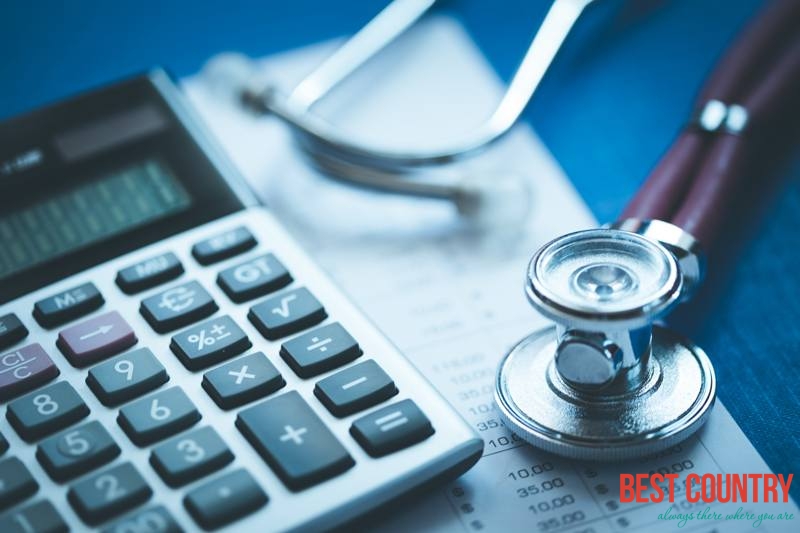Madagascar Health Care and Vaccinations

However, services are sometimes lacking, and whilst basic healthcare is free, hospitals are often woefully under staffed. Health insurance is strongly recommended; it should include cover for emergency repatriation. Private healthcare is also available.
Pharmacies are thin on the ground so visitors should stock up and pack plenty of medication for stomach upsets as effective remedies in the country will be limited. There is no emergency ambulance service on the island, although a private air ambulance service is available. The emergency number for police is 17.
Food and drink:
Visitors should not drink the tap water in Madagascar. Water quality country-wide is likely to be contaminated so water used for drinking, brushing teeth or making ice should be sterilised or boiled first. Milk is unpasteurised and so the widely-available powdered or tinned milk is advised. Dairy products are also best avoided. Vegetables should be cooked and fruit peeled. Check all food is well-cooked, especially meat and fish.
Other risks:
Bilharzia is common but travellers can avoid it by avoiding swimming and paddling in fresh water and saving their swims for only clean, well-chlorinated swimming pools. Vaccinations against tuberculosis and hepatitis B are sometimes advised.
There have been outbreaks of human plague in Northwest Madagascar as well as in other regions; travellers should avoid handling sick or dead animals and take insect protection measures such as wearing repellent. Malaria is a risk in Madagascar, so do take steps to protect yourself by taking a course of anti-malarials.